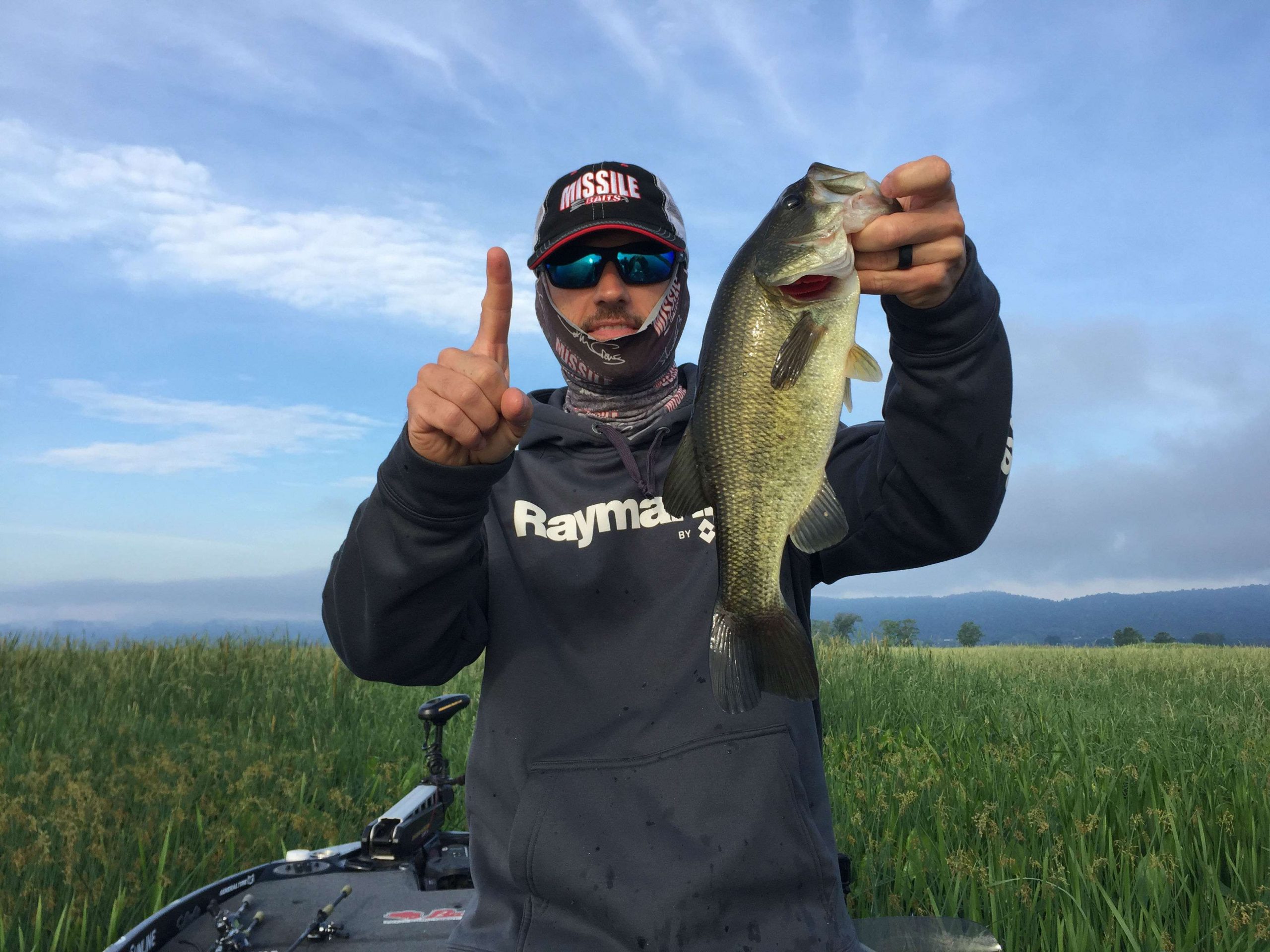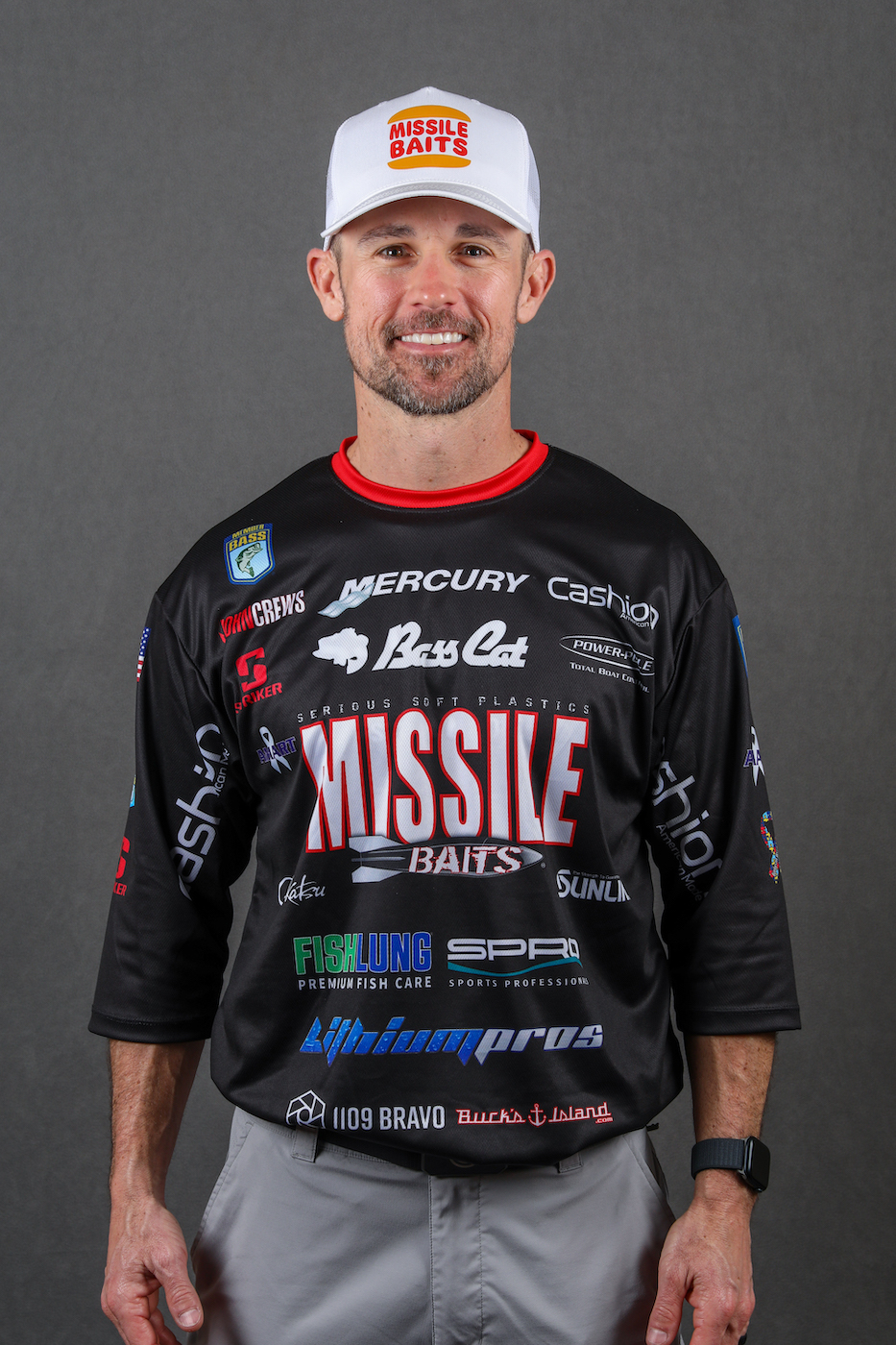
In part 1, we talked about how to look at and analyze your position in the industry when it comes to sponsorships. This time we’ll take a look at the bigger companies and how they operate.
Editor’s note: Read part 1.
First, and foremost, it’s important to never lose sight of the most basic fact of business. Companies are in business to make money. They’ll do something if it works. They won’t do it if it doesn’t work. It’s doesn’t matter what they make, do or offer to consumers. They have to make a profit to stay in business.
So, if you’re going to get a sponsorship with one of them you have to offer them something that increases their profit. Sometimes they call that, “The bottom line.” I like to call it, “Moving the needle.”
A lot of bigger companies, especially those that we call non-endemic, will advertise and hire pro staff for a specific period of time. Then they look things over and see what’s happening. If they’re moving the needle, they continue. If they aren’t moving the needle, they invest their money somewhere else. It’s not personal, and it’s not about whether or not the pro staffer is meeting his obligations. It’s about what works.
Another thing that frequently happens is that they’ll invest in advertising and pro staff for a while and then leave. That usually happens when they feel they’ve moved the needle about as far as possible. They’ve created brand awareness within the industry about as much as they can so they see no point in continuing.
Again, it’s not personal. It’s just business.
However, there are exceptions to what I’ve said so far. I rarely mention individual companies because I think we’re better off talking about concepts. But there are exceptions. This is one. I’m talking about Toyota.
They’ve been a big sponsor of B.A.S.S. for years now. The success of their program is obvious. Go to any sizable tournament and look around. Count all the Toyota Tundras you see pulling bass boats.
There’s a reason for that. First, they build a high-quality product. Any angler would be proud to be seen in one. Second, they advertise efficiently. Third, they have a dynamite pro staff. Their guys catch fish, and talk, and always mention Toyota.
That brings us to one of the two final things I want to mention. Be careful about hooking up with junk, even if it looks profitable or if you need the sponsor. It’ll come back to haunt you in the end. If you help sell something to somebody that doesn’t work, they’ll not only blame the manufacturer. They’ll also blame you. And once you lose your credibility your value drops to zero.
Finally, make sure you meet the obligations of your contract. Big companies have dozens of anglers to choose from when they pick a pro staff. If you’re not doing what you should be doing they’ll axe you in a minute, and replace you in the next minute. I know one angler who found that out the hard way. Don’t be the second.
Keep your eyes open when you pursue sponsorships and always look at it as a professional business relationship.
Next time we’ll talk about the reality of money.

